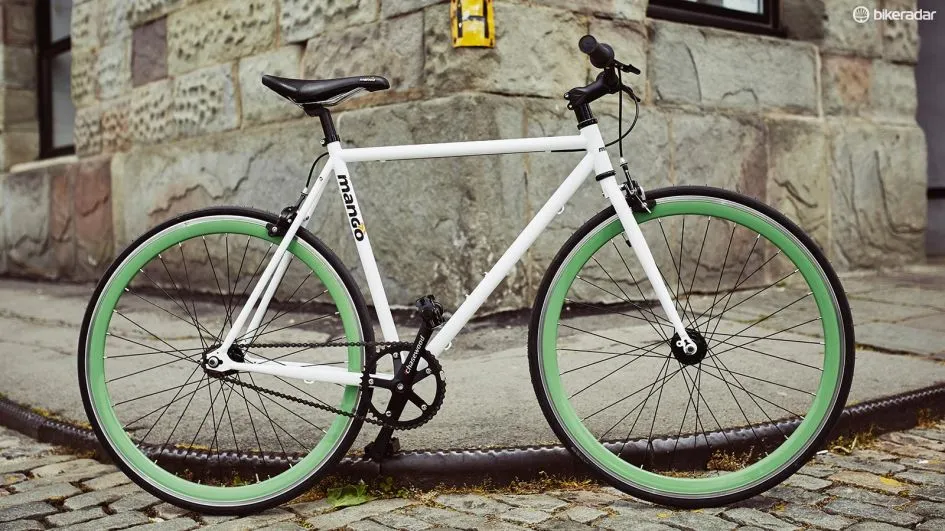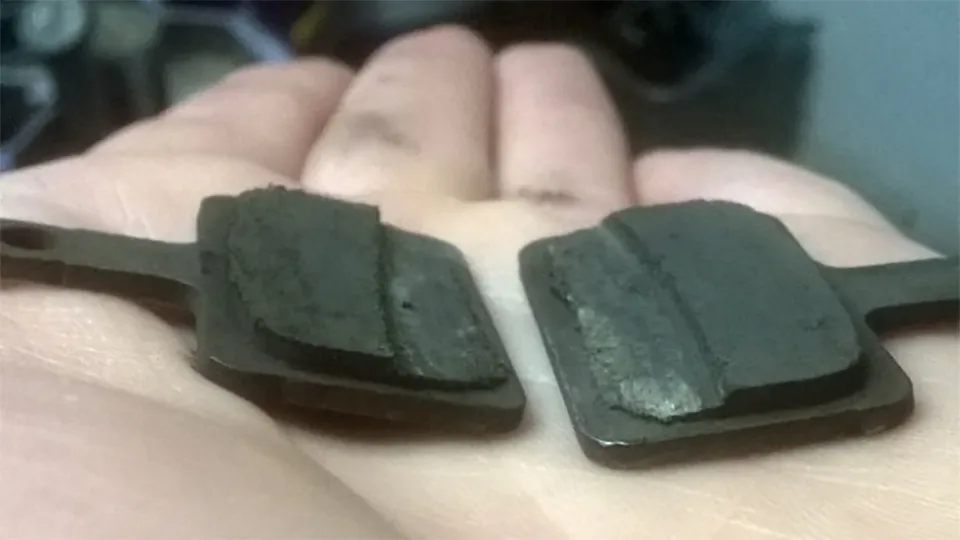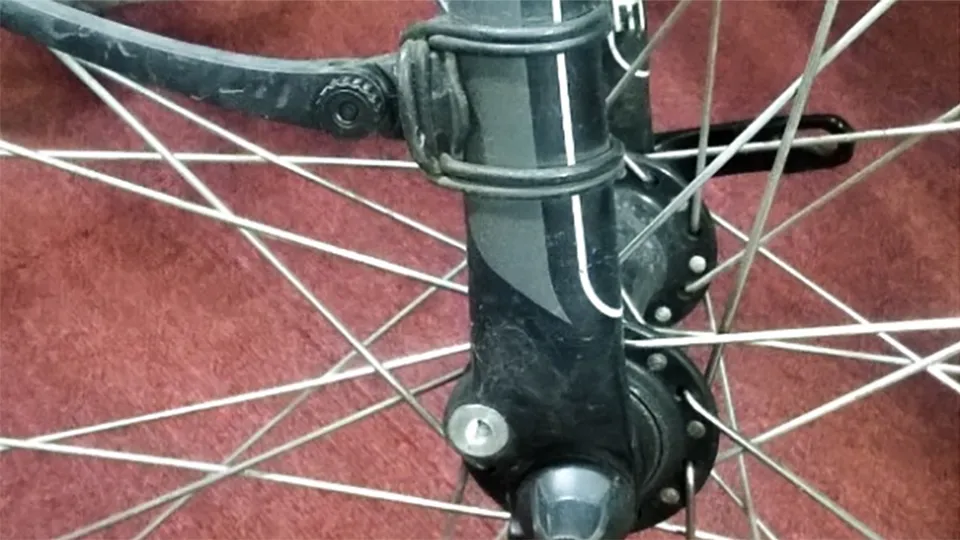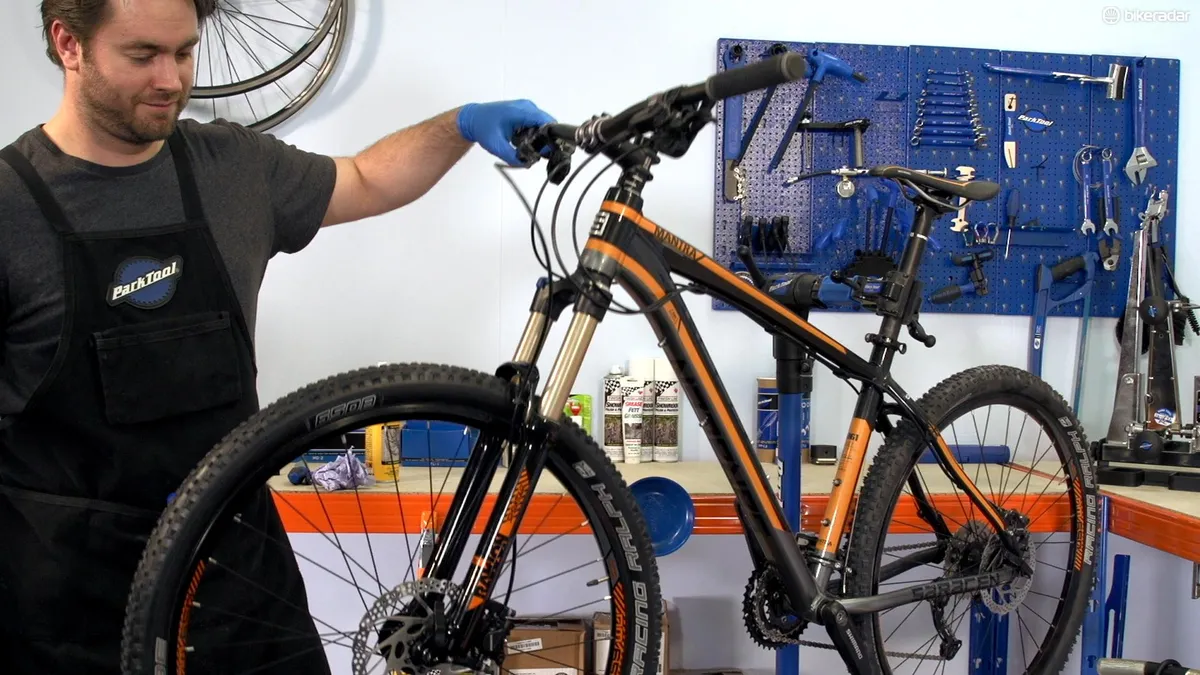A cursory search for alternatives to the word ‘cheap’ suggests ‘low-cost’, ‘budget’ or even just ‘poor quality’ as handy alternatives. Sadly, I can assure you that no fancy language could ever have calmed down the many customers I quoted for a repair that amounted to something close to the value of their £350-ish hybrid, which they felt was anything but how I had described it; cheap.
- Don't be an internet mechanic
- How to adjust the gears on your bike
- Cheap bikes: what you should look for
If set up well and serviced regularly, a bike of that budget should provide years of hassle-free service to those who require no more than a bike to scoot around town on. But sadly, the majority of the cheap bikes that passed through my shop did not have an easy life.

Enduring the inclement climate of my native Edinburgh, they tended to look more like they had been used every day to commute to Atlantis along a sea-bed of cobbles.
Of course the blame often doesn’t lie solely with the customer here. It is the responsibility of any bike shop to make it clear that bikes wear out and a cycle will require regular maintenance, regardless of the bike's price.
I know sales targets suck and it’s hard to explain to someone that they’ll have to spend more in the future, but it’s not as bad as bickering with the public and potentially tarnishing your reputation. But often this responsibility is forgotten and if a customer knows no better, why wouldn’t you assume a bike shop is trying to rip you off? So in many encounters like these, the customer would grumble a little, doors would be slammed and I’d feel unnecessarily guilty for the rest of the day.
Horror show
But on occasion, perhaps giddy from the seemingly astronomical quote I had just given them, someone would see this as a golden opportunity to learn a new skill. It’s a cheap bike, what could go wrong?!
Days would pass and the customer would return to buy what felt like a random selection of shiny things from our tool wall. We would enquire as to the progress of the project, our concerns would be raised but they would set off again, undeterred by our words of warning.
Sometimes a DIY bike maintenance story would end in success. We would help tweak things until they were perfect and off they would go, happy to have learnt something new. Hooray for self sufficiency! Unfortunately not everyone is mechanically adept by nature and the results were often… tragic.
I began to keep a record of these mishaps, adopting the cringeworthy hashtag #bikeshopbingo (honestly, search it on Instagram) to share these mishaps with similarly frustrated mechanics the world over.
Below I present to you the highlights…






Being brave
So to those of you that work in bike shops out there, do the right thing and talk about servicing at the point of sale. Times are hard enough for bricks-and-mortar bike shops and the last thing you need are customers who turn elsewhere when the time comes to have their bike serviced.
And for those thinking of working on their own bikes, despite the alarming things I’ve seen whilst working on bikes, I would never discourage anyone from having a go at wrenching their own bike.
There are so many high-quality resources available online (hint, we’re one) and most should be able to complete simple tasks on their bike.
But just remember that although you may do a passable job of repairing your bike, a good mechanic will have the years of experience necessary to do the job efficiently and to a degree that you can be completely confident in the work performed.
Don’t become a #BikeShopBingo subject and trust your experienced bike shop wizard/mechanic the next time you feel out of your depth.


